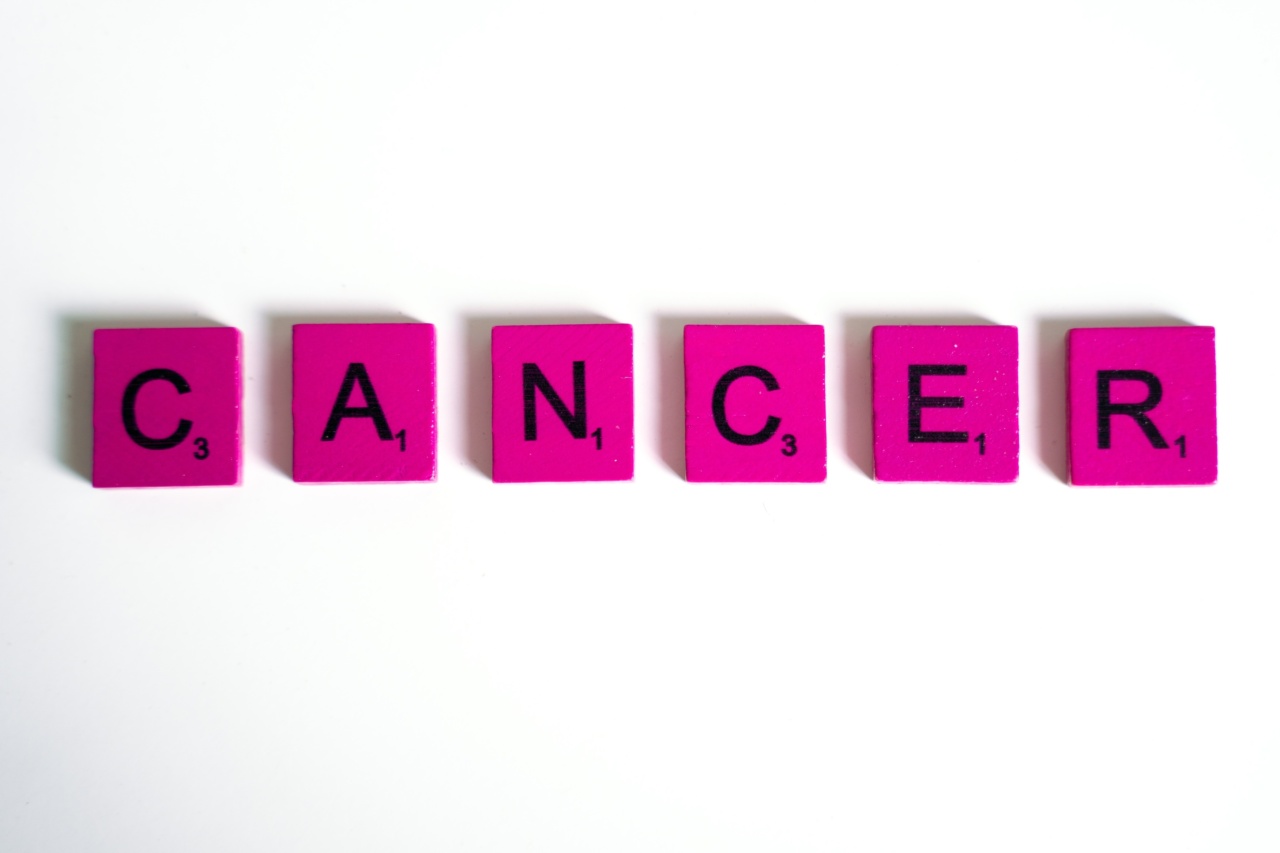Cancer is a condition that occurs when cells in the body grow and divide at an uncontrollable pace. While cancer is not contagious, there are some types of cancer that can spread from one person to another through a virus or bacteria.
In this article, we’ll explore the 6 most infectious types of cancer.
1. Cervical Cancer
Cervical cancer is a type of cancer that begins in the cervix, the lower part of the uterus. This cancer is caused by the human papillomavirus (HPV), which is a sexually transmitted infection.
In most cases, women who become infected with HPV will not develop cervical cancer. However, in some cases, the virus can cause abnormal cells to grow in the cervix, which can eventually turn into cancer. Cervical cancer is highly preventable with the HPV vaccine and regular screenings.
2. Liver Cancer
Liver cancer is a type of cancer that begins in the liver, an organ that plays a crucial role in the body’s metabolism. This cancer is caused by the hepatitis B or C virus, which is spread through contaminated blood or bodily fluids.
People who are chronically infected with these viruses have a higher risk of developing liver cancer. Other risk factors for liver cancer include heavy alcohol use, obesity, and diabetes.
3. Stomach Cancer
Stomach cancer is a type of cancer that begins in the lining of the stomach. This cancer is caused by the bacterium Helicobacter pylori (H. pylori), which is spread through contaminated food or water. People who have H.
pylori infection are at a higher risk of developing stomach cancer. Other risk factors for stomach cancer include a diet high in salted or pickled foods and smoking.
4. Anal Cancer
Anal cancer is a type of cancer that begins in the anus, the opening at the end of the rectum. This cancer is caused by the human papillomavirus (HPV), which is spread through anal sex.
Men who have sex with men are at a higher risk of developing anal cancer. Other risk factors for anal cancer include a weakened immune system and a history of anal warts or abnormal Pap test results.
5. Nasopharyngeal Cancer
Nasopharyngeal cancer is a type of cancer that begins in the nasopharynx, the upper part of the throat behind the nose. This cancer is caused by the Epstein-Barr virus (EBV), which is spread through saliva.
People who are chronically infected with EBV have a higher risk of developing nasopharyngeal cancer. Other risk factors for nasopharyngeal cancer include a family history of the disease and a diet high in salted or preserved foods.
6. Kaposi Sarcoma
Kaposi sarcoma is a type of cancer that begins in the cells that line the blood vessels or lymphatic vessels. This cancer is caused by the human herpesvirus 8 (HHV-8), which is spread through blood and sexual contact.
People who are infected with HHV-8 have a higher risk of developing Kaposi sarcoma, which is most commonly seen in people with weakened immune systems, such as those with HIV/AIDS.
Conclusion
In conclusion, there are several types of cancer that can be spread from one person to another through a virus or bacteria. While these cancers are rare, it’s important to take steps to protect yourself from the viruses that cause them.
This includes practicing safe sex, getting vaccinated against HPV, and getting tested for hepatitis B and C. By taking these steps, you can reduce your risk of developing these infectious types of cancer.




























